
How to Improve Your Digestive Health
Many individuals are conscious about their 'noticeable' excess weight and 'noticeable' indications of aging, yet are totally uninformed of what matters the most, and that is their internal health, which they can't see. What lots of people don't realize, is that once they have a healthy digestion system, their main problems with weight and aging will be lowered. If you want to look excellent, then start with good gut care. You can start taking care of your gastrointestinal system as detailed below. Consist Of Probiotic and Prebiotic Food Sources In Your Diet Probiotics - Probiotics are the beneficial bacteria lining the gut. They protect the gut against illness triggering pathogens while likewise promoting the immune system. Probiotics aid in nutrient absorption and improve the total health of the gastrointestinal system. One method to get probiotics is by consuming 'fermented' foods. Examples of these are homemade kefir, kombucha, pickles, kimchi and sauerkraut.
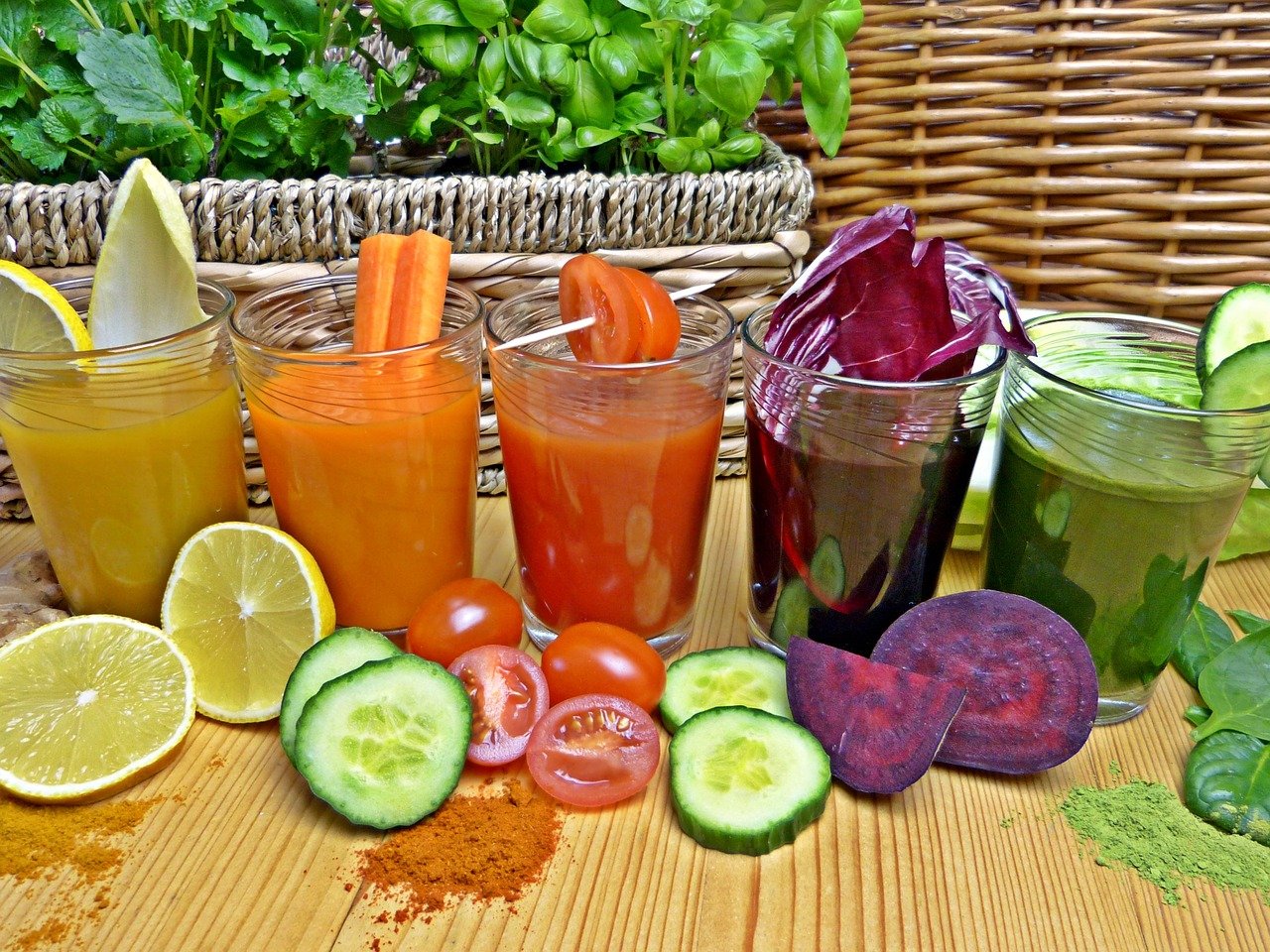
Prebiotics - As probiotics are living organisms they require food to grow and flourish. If they do grow and thrive, you are guaranteed of having healthy gut bacteria for fighting off the bad germs. This is why you need prebiotics. Food sources of prebiotics consist of raw garlic, raw onion, raw Jerusalem artichoke, dandelion greens and leeks. Prebiotics have other gut health advantages consisting of: " Enabling regular defecation " Maximizing the absorption of magnesium and calcium " Strengthening the body immune system " Promoting better weight and cravings control. Change Your Eating Habits If Necessary " Chew Your Food You may require to tweak your consuming routines if your digestive health is suffering. Start by chewing your food well. How much you chew your food considerably affects your entire digestion system. The more you chew your food, the much easier it is for your system to digest it. The smaller sized the food particles are, the simpler it is for the food to go through your esophagus.
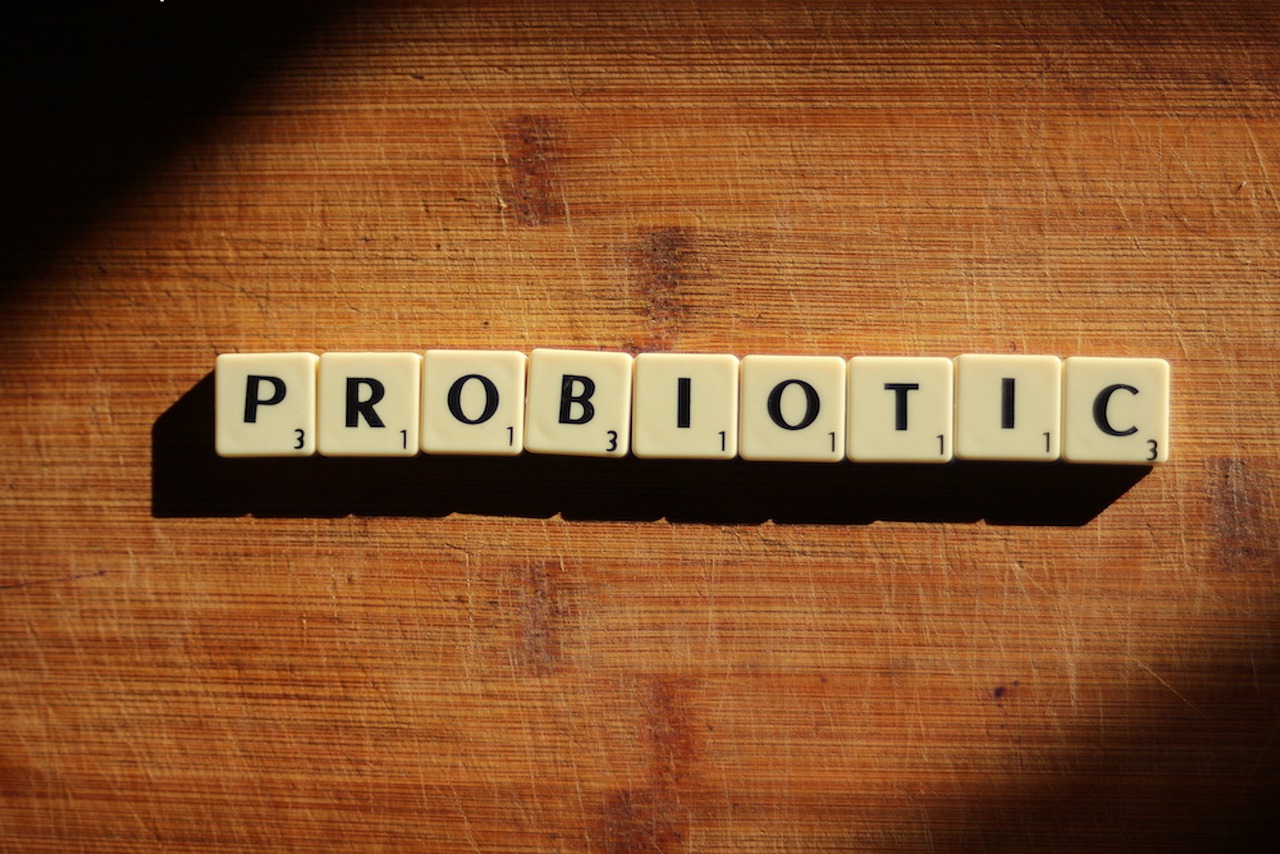
The procedure of chewing also sets off the production of saliva, which in turn stimulates the stomach production of required acid and enzymes. These are needed for the digestive process. " Don't Eat When Stressed or Upset Do not eat when you're mentally upset or in a bad state of mind. Your digestion tract and brain are interconnected, so eating while in a bad state of mind can adversely impact the efficiency of the digestion process. Professionals who have studied the 'brain-gut connection' have exposed that consuming while stressed out can cause the digestion procedure to literally close down. This leads to issues such as irregularity. Tension can also cause the food to move too quickly through your digestive system. If the food moves too fast, there isn't sufficient time for healthy nutrient absorption. If this is regular incident, the body can experience nutrient deficiencies. Give Your Stomach Time To Produce Enough Acid Many people wrongly think that too much stomach acid causes heartburn.
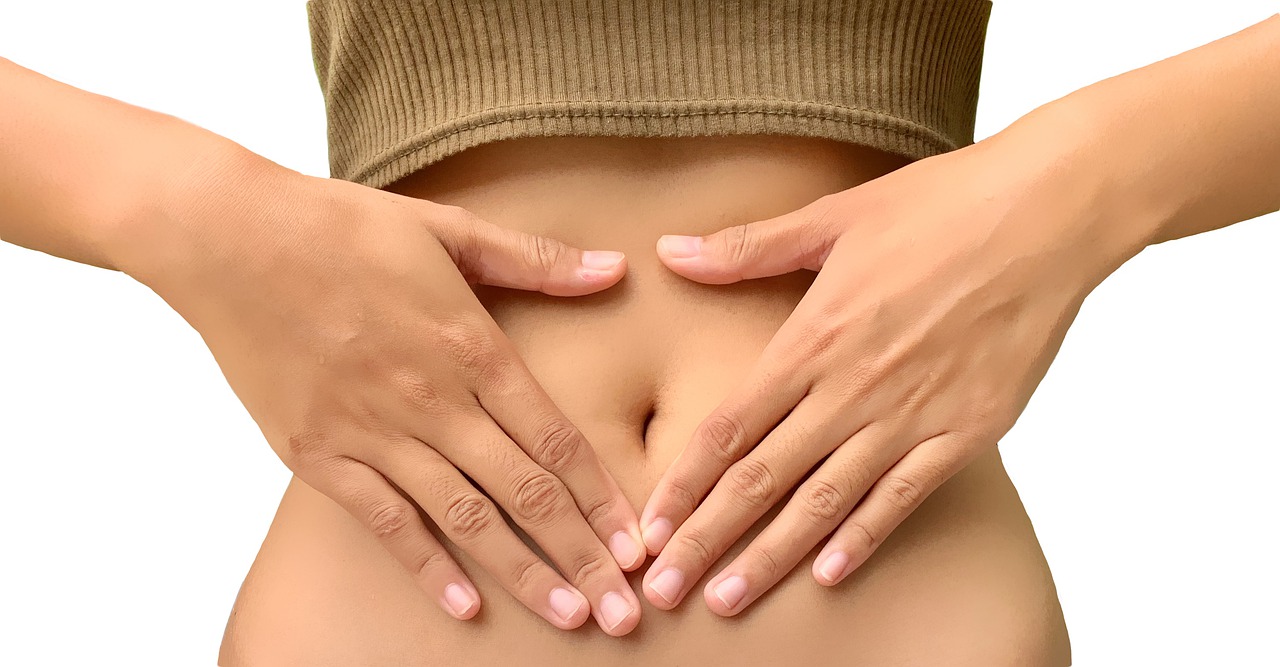
Nevertheless, it's the other way around. If you always consume quickly, your stomach might not be able to produce adequate acid to perform the gastrointestinal process. As an effect, the food might remain in your stomach longer, so that it can be digested. This causes the food to ferment in your stomach which can cause gas, bloating and heartburn. To assist increase stomach acids, you can drink water with newly squeezed lemon juice in between meals. You can also blend one to 2 teaspoons of raw apple cider vinegar with simply a percentage of water. Drink it prior to your meals. Consist Of Bone Broth In Your Diet Bone broth is an excellent source of gut-soothing gelatin. The colloidal properties of gelatin have been found useful in digesting foods that typically cause a "sour stomach". It can also minimize food sensitivities. This is since gelatin has been discovered to improve the digestibility of milk, milk products and beans.
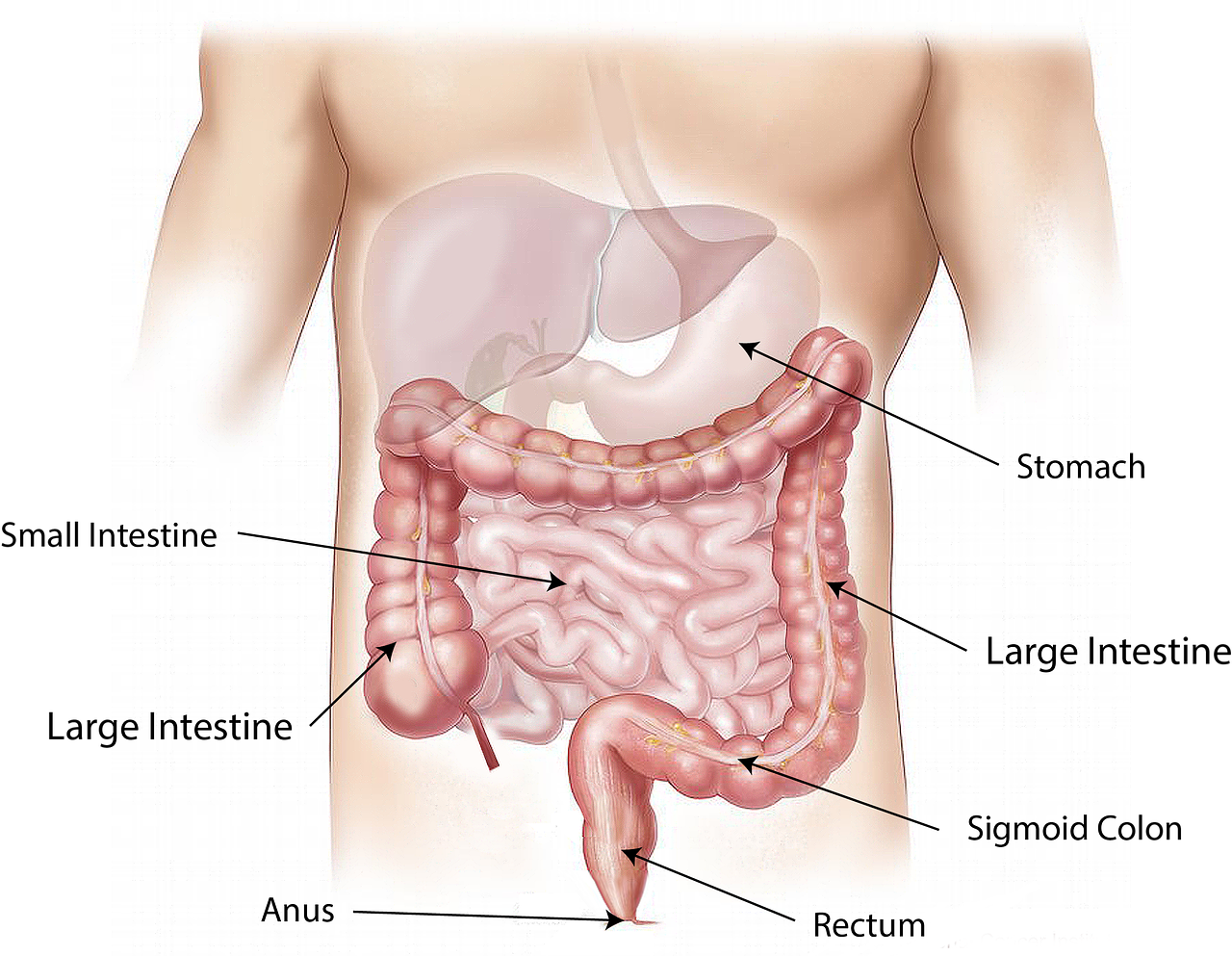
It likewise assists in increasing protein usage in barley, wheat and oats. Be More Active If You're Not The elements of your gastrointestinal system can end up being slow if subjected to a poor diet plan and inactive way of life. Body language, accompanied by gravity, is necessary in enabling the food to take a trip to and through your digestion system. So, if you want your digestive system to work more effectively, get up and move as frequently as you can. If you exercise regularly, you are also assisting your body soak up nutrients more easily. Exercise will help improve your blood circulation which is essential to healthy digestion. Your digestion tract will be less affected by constipation, cramps, bloating and other symptoms of a sluggish digestive system. Simple exercises such as strolling can greatly improve the function of the gastrointestinal system. Boost Your Magnesium Levels Your body can not correctly absorb food without the aid of magnesium.
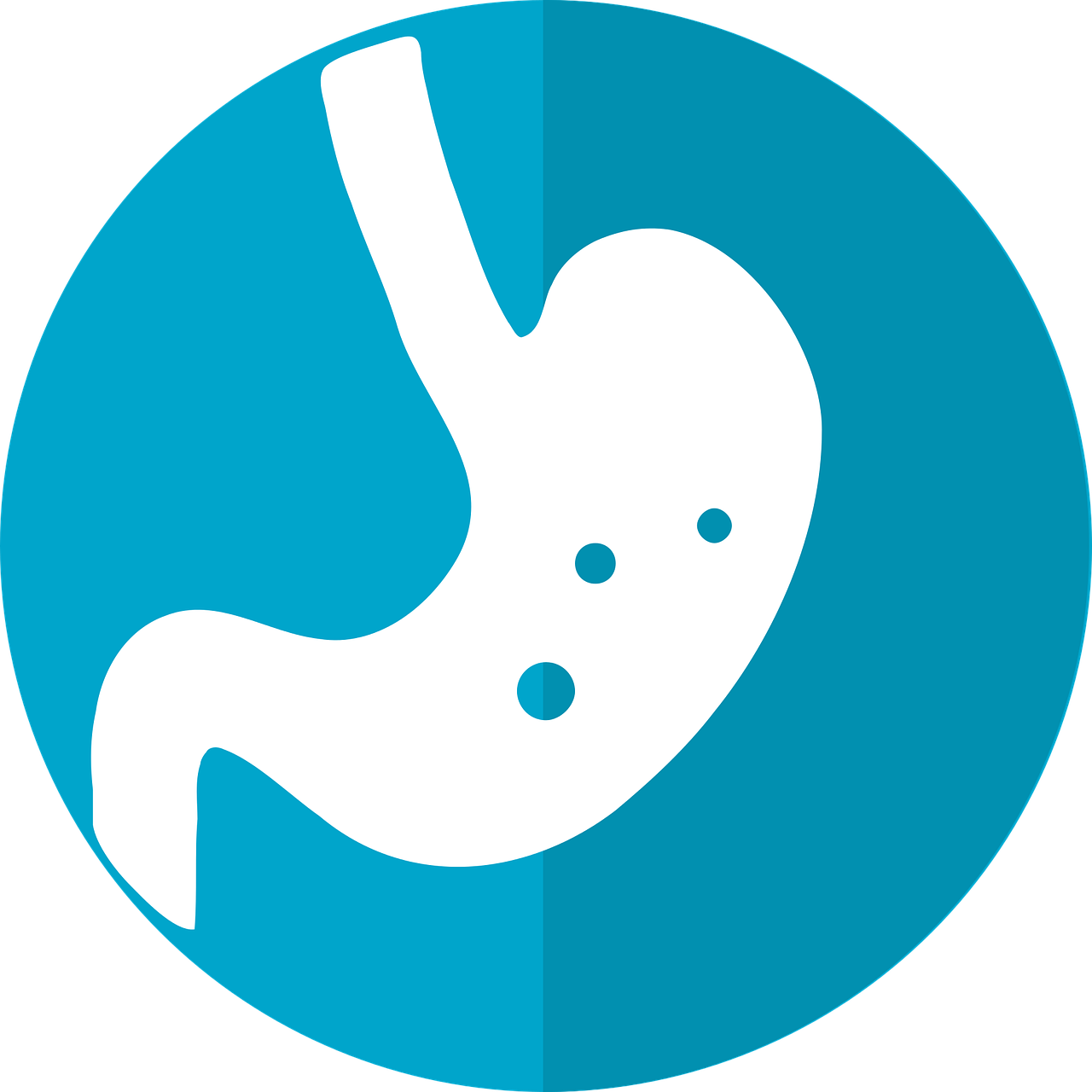
Magnesium also assists in muscle function. This describes the direct link in between a magnesium shortage and irregularity. If your body is getting adequate magnesium your intestinal tracts will likewise contain more water, which is crucial for initiating peristalsis. Peristalsis refers to the wavelike motion that allows the motion of fecal matter through the intestines. It is also the procedure of peristalsis that permits the food to be moved from the esophagus to the stomach. The mineral magnesium is likewise crucial in the procedure of protein synthesis. It also contributes in triggering the enzymes that assist the body in absorbing carbohydrates and fats. It likewise plays a role in launching enzymes that assist catalyze a lot of the chain reactions in the body. This results in better digestion of food and enhanced performance of converting food into fuel for the body to utilize. Consume Plenty of Water The importance of water for food digestion can not be overemphasized.
Water is needed to break down solid foods. It is also needed for correct absorption of nutrients into the body. A lack of water reduces the efficiency of the digestion system. This might result in constipation and other digestion problems. It is much better to drink water in between meals, instead of with meals or right after consuming. This is to prevent watering down the stomach acids that are essential for ideal digestion. .
 Add Row
Add Row  Add
Add 




Write A Comment